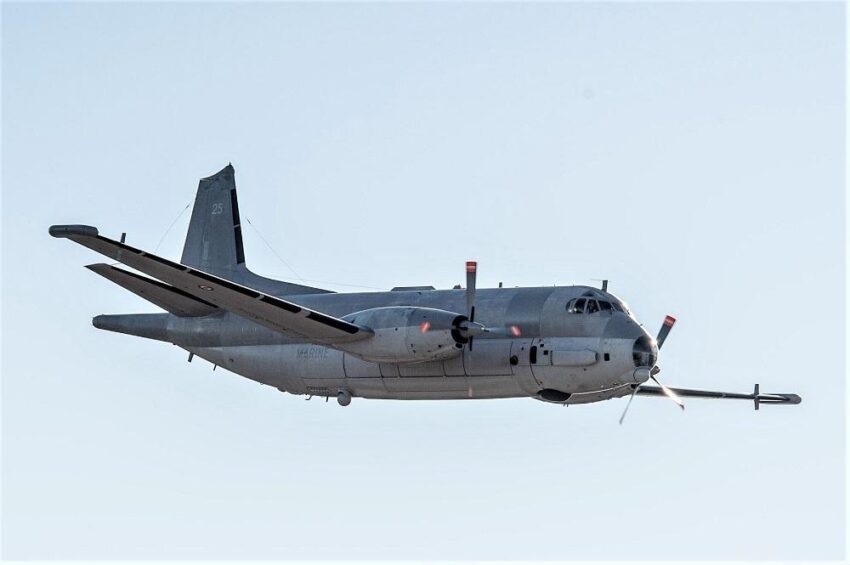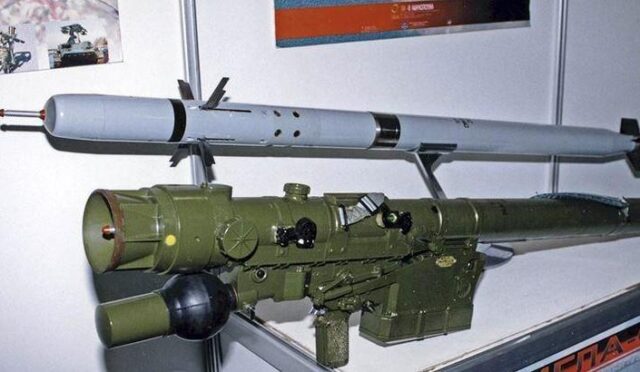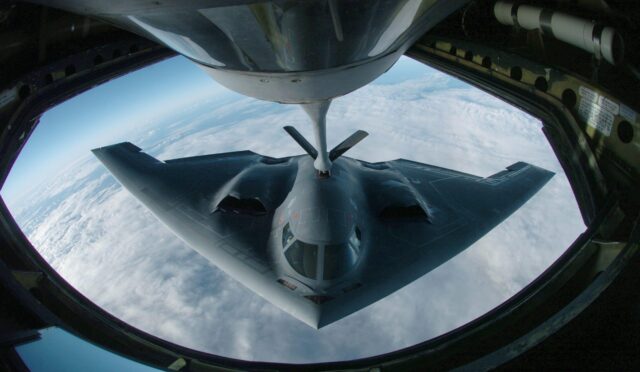French Maritime Patrol Aircraft Incident Over Baltic Sea
A recent incident involving a French maritime patrol aircraft has drawn significant attention, as it was reportedly targeted by the Russian military over the Baltic Sea this week. France condemned the incident, describing it as an “intimidation attempt” and labeling the actions of the Russian forces as “unacceptable.” The aircraft, an Atlantique-2 from the French Navy, was performing a surveillance mission when it encountered what was described as an “attempted jamming.” Additionally, it was tracked by an S-400 surface-to-air missile system, raising concerns about the escalating tensions in the region.
The incident occurred during a crucial operation known as Baltic Sentry, a NATO initiative aimed at countering potential threats stemming from suspected Russian interference with submarine power and telecommunications cables. French Defense Minister Sebastien Lecornu reported that the aggressive actions by Russia occurred overnight from Wednesday to Thursday, emphasizing the commitment of French armed forces to ensure freedom of navigation in international air and maritime spaces. Lecornu’s statements reflect a broader concern about the safety and security of operations conducted in these vital areas.
NATO’s Response and Concerns
In light of the incident, NATO’s Supreme Allied Commander Europe, General Christopher Cavoli, provided insights during a press briefing in Brussels. He remarked on the prevalence of such encounters, stating that they are “widespread” and represent a serious concern for the alliance. Cavoli highlighted that these incidents extend “far beyond the borders of Europe,” indicating a potential shift in the geopolitical landscape and raising alarms about the implications for international security.
The events over the Baltic Sea underscore the complexities of military operations in contested airspaces, particularly as tensions between NATO and Russia continue to simmer. With the ongoing surveillance missions and defense initiatives such as Baltic Sentry, NATO forces are poised to respond to any threats that may jeopardize the security of member states and their operations.
Implications for Regional Security
This incident marks yet another chapter in the ongoing narrative of military posturing and confrontations in Europe. The use of advanced missile systems like the S-400 by Russia poses significant challenges for NATO’s operational capabilities and raises questions about the effectiveness of current defense strategies. As military encounters become more frequent, the potential for miscalculations or unintended escalations grows, prompting calls for greater vigilance and coordination among NATO allies.
The implications of such incidents extend beyond immediate military concerns; they also affect diplomatic relations and public perceptions of security in the region. As NATO continues to navigate these complex dynamics, the importance of clear communication and strategic planning becomes paramount to maintain stability and deter aggressive actions.







